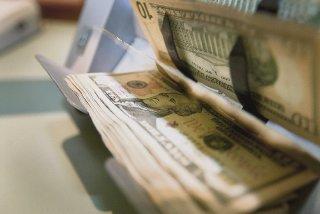Here is a great article that was published in Prensa about what we are faced with here in Panama as we remain slave to the vagaries of the US dollar.
In an article in Prensa.com, Joey Levy discusses the illusion of security of fixed term savings, citing an $10,000 investment giving 6% from 2002 to the present. In current terms, the money will have grown by 80% to $17,908, but in terms of purchasing power, it may have incurred a loss.
OPINION.
With all the turbulence in the global economy, many people have decided that the safest investment you can do right now is to deposit their savings in a fixed time at a local bank.
What matters is not how many dollars you have in your bank account, but what products and services can be purchased with them.
“10 years ago on the international market oil traded at $32 per barrel, a pound of sugar at $5.86 and a bushel of corn at $243. This means that in 2002, with $10,000 you could buy 313 barrels of oil, 1,706 pounds of sugar and 41 bushels of corn.
Today, however, with $17,908 you can only buy 205 barrels of oil, 816 pounds of sugar and 23 bushels of corn”, which translates into a loss of 34% on oil, 52% compared to sugar and 43% in relation to corn.
While the Federal Reserve of the United States continues inflating, with no real backing, its currency, dollars invested in fixed term deposits will continue to lose value.
To preserve their purchasing power to diversify recommend a considerable amount of their capital out of the dollar and making investments that will benefit from the devaluation of the currency. These include better managed baskets of currencies the dollar, precious metals and “real” assets such as agriculture, productive land and natural resources.
It must be recognized that a fixed term is not a panacea and as the U.S. central bank continues to inflate its currency (printing money without backing), its local fixed-term dollar will continue to lose purchasing power. At day’s end, no matter how many dollars you have in your bank account but how much you can buy with them.
Final note: There are certain people who have money enough to take a substantial loss in purchasing power and not see their lifestyle and financial goals affected by the devaluation of the dollar. If you are in this group, no problem if it continues to invest in time deposits. However, if not in this group or are not sure if they are, you should consult your financial adviser or your bank to see what investment alternatives can offer.
